The Rise of Arbitration Systems in ASEAN Countries
Introduction
From the perspective of the development of the international commercial arbitration system in the Asia-Pacific region, it is evident that the international commercial arbitration system plays a pivotal role in the effective resolution of commercial disputes and provides a legal guarantee for the economic and trade prosperity in the Asia-Pacific region. At present, the Asia-Pacific region has emerged as one of a significant international center for commercial arbitration. The underlying trend is driven by the Asia-Pacific countries and regions engaging in legal and institutional reforms, coupled with enhanced international cooperation, to establish more efficient and transparent mechanisms for the resolution of commercial disputes. As one of the key regions in the Asia-Pacific, ASEAN countries are adapting their international arbitration systems to keep with the increasing frequency of international commercial activities. This article will explore the theme of the rise of international arbitration systems in ASEAN countries from the perspectives of cultural foundations, historical evolution, and arbitration legislation.
I. Cultural Foundations of ASEAN Countries' International Arbitration Systems
The member countries of the Association of Southeast Asian Nations (“ASEAN”) include Brunei, Cambodia, Indonesia, Laos, Malaysia, Myanmar, the Philippines, Singapore, Thailand, and Vietnam. These member countries have diverse cultures, religions, and historical backgrounds. The legal systems and practices in these countries are deeply influenced by their cultural background. For instance, Indonesia and Malaysia are significantly influenced by Islamic law, while Singapore and the Philippines have closer ties to the English and American legal systems. This diversity results in varying attitudes and approaches among ASEAN countries in adopting and integrating international commercial arbitration rules. Some countries in ASEAN, one of which as Singapore, have established mature and internationalized arbitration system, while others are still adjusting their domestic laws to better align with international arbitration systems.
When developing international arbitration systems, ASEAN countries face the challenge of balancing their own legal traditions with the international practices of commercial arbitration. For example, some countries may need to consider how to maintain their cultural characteristics while accepting and adopting internationally recognized arbitration procedures and rules. Achieving this balance takes challenges not only to the legal systems of each country but also demands a higher level of expertise from legal practitioners. They need to stay informed about the latest developments in international commercial arbitration while deeply understanding their own legal culture and practices.
In addition to cultural foundations, the development of international arbitration systems in ASEAN countries also benefits from regional cooperation. By actively participating in regional legal and arbitration forums, seminars, and other activities, these countries can exchange experiences and practices, facilitating a better understanding and adoption of international commercial arbitration rules.
II. Historical Evolution of ASEAN Countries' International Arbitration Systems
The development of international arbitration systems in ASEAN countries is closely related to their historical background and the evolution of international trade. In the late 1960s to early 1970s, with the rise of globalization and international trade, ASEAN countries recognized the importance of establishing effective mechanisms for international commercial arbitration. During this period, the rapid economic growth of ASEAN countries led to increased international investment and cross-border transactions, prompting these nations to prioritize the establishment of mechanisms for resolving international commercial disputes.
Over the subsequent decades, ASEAN countries made significant progress in their international arbitration systems. Like Singapore, as a key member of ASEAN, witnessed remarkable development in its commercial arbitration system. It established institutions responsible for handling international arbitration, including the Singapore International Arbitration Center (SIAC), the Singapore Chamber of Maritime Arbitration (SCMA), and the Asia Pacific International Arbitration Chamber (APIAC). Singapore successfully positioned itself as a major center for international commercial arbitration.
Other ASEAN countries, such as Malaysia and Indonesia etc., have also been gradually reforming and strengthening their arbitration institutions and legal systems. The specifics are detailed in the table below:
Currently, the APIAC (Indonesia) is in the process of establishment and is engaging in discussions with BANI to establish a long-term cooperation mechanism. It is proposed that through training and organizing seminars, information and experience sharing will be facilitated. This holds significant importance in contributing to the collaborative development of the "Belt and Road" initiative, promoting international arbitration, advancing trade and investment, providing legal protection, and strengthening regional cooperation.
III. Legislative Aspects of International Arbitration in ASEAN Countries
In terms of legislation, ASEAN countries have implemented a series of measures to strengthen their international arbitration systems. These countries generally recognize the need for a modern, efficient, and internationally compliant legal environment to attract the resolution of international commercial disputes to their countries. The main approaches adopted to provide a legal foundation for the development of international commercial arbitration systems include:
Firstly, adopting international model laws. Many ASEAN countries have incorporated the Model Law of United Nations Commission on International Trade Law (UNCITRAL)into their domestic arbitration laws. This Model Law provides a widely recognized legal framework for international commercial arbitration, assisting countries in establishing legal systems aligned with international arbitration practices.
Secondly, reforming existing domestic arbitration laws. ASEAN countries are continually reforming their existing domestic arbitration laws to make them more modern and international. For example, enhancements have been made in areas such as transparency of arbitration proceedings, independence, and neutrality of arbitrators to improve the quality and credibility of arbitration awards.
Thirdly, strengthening international cooperation and joining international treaties. ASEAN countries have bolstered their position in the field of international arbitration through cooperation with other countries and international organizations. By signing bilateral and multilateral agreements and joining international conventions, such as the New York Convention on the Recognition and Enforcement of Foreign Arbitral Awards (New York Convention), these countries have increased the international recognition and enforceability of their arbitration awards.
Conclusion
In summary, the development of the international arbitration system in ASEAN countries reflects their proactive adaptation and innovation in the context of globalization. Through continuous legal reforms and international cooperation, these nations have successfully established their positions in the field of commercial arbitration on the global stage. This achievement not only contributes to the local economic development but also provides an efficient and equitable dispute resolution mechanism for international business.
Note:
Refer to the book "Research on Commercial Arbitration Systems in ASEAN Countries," edited by Li Li and Qiao Xin, published by (Beijing) China Social Sciences Press in 2011, page 44.
news
-
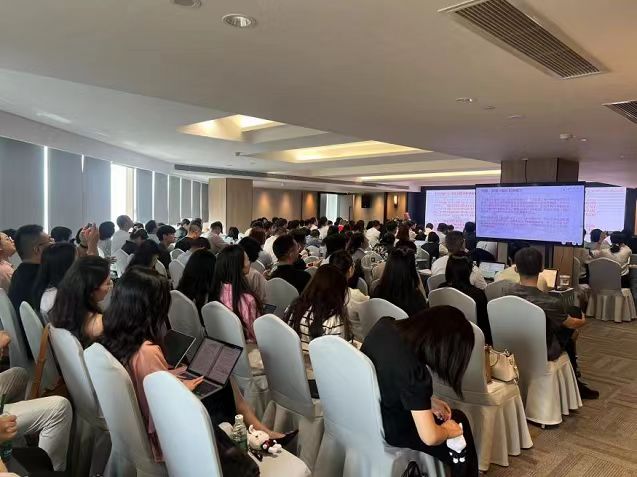 2023-09-21 02:01:59
2023-09-21 02:01:59 -
 2023-09-21 02:01:59
2023-09-21 02:01:59 -
 2023-09-26 14:22:56
2023-09-26 14:22:56 -
 2023-10-07 08:34:26
2023-10-07 08:34:26 -
 2023-10-13 11:08:58
2023-10-13 11:08:58 -
 2023-10-25 10:30:58
2023-10-25 10:30:58 -
 2023-10-25 11:08:40
2023-10-25 11:08:40 -
2023-11-22 14:57:27
-
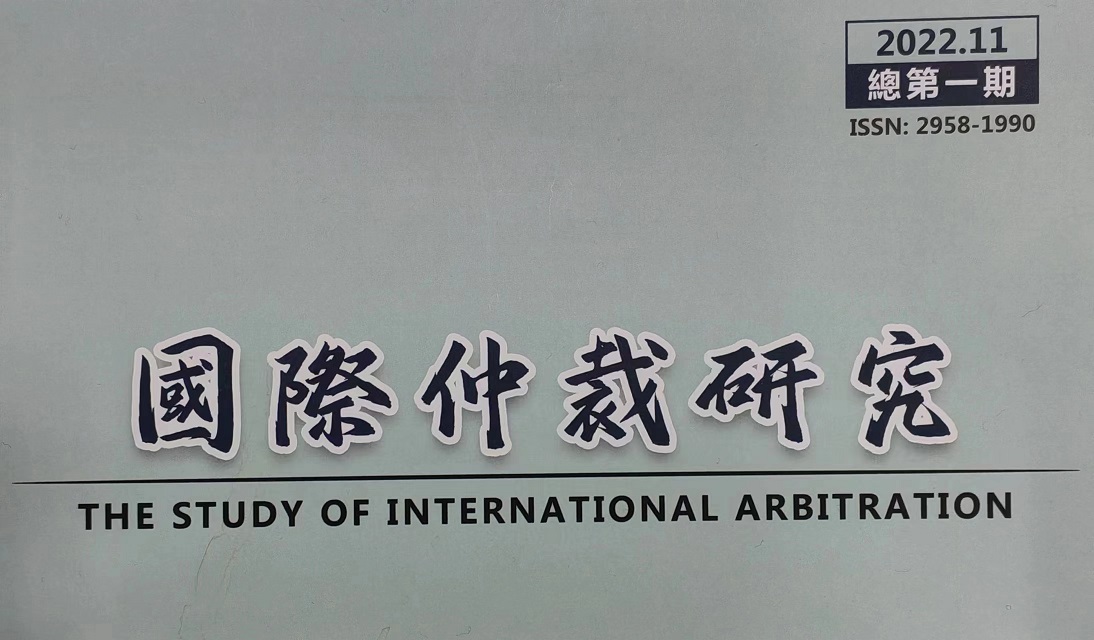 2023-11-24 16:06:15
2023-11-24 16:06:15 -
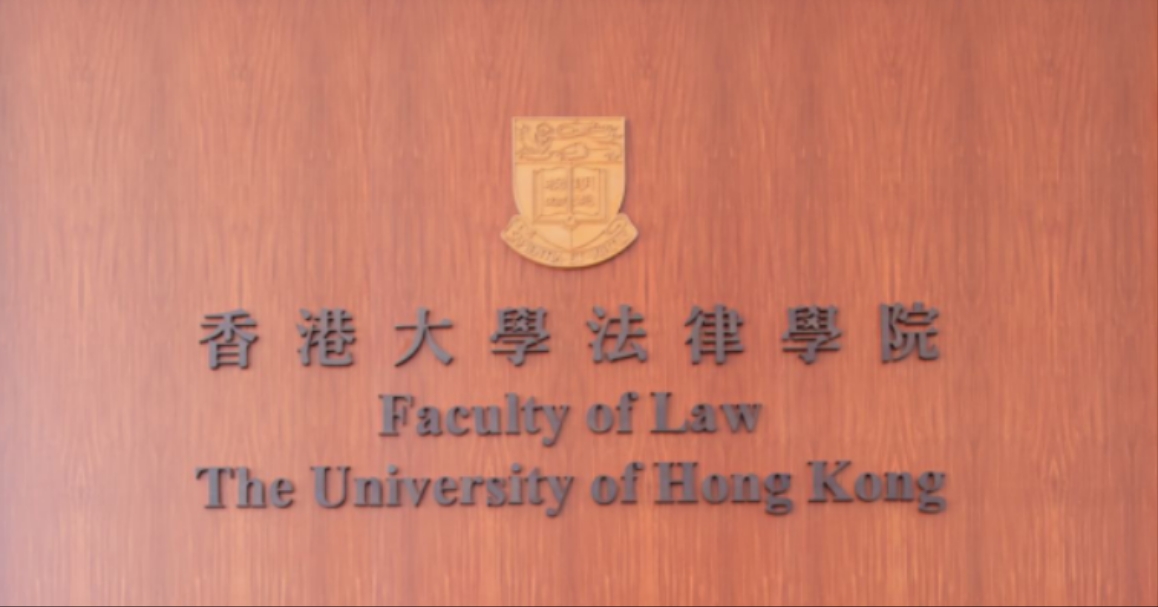 2023-11-24 17:34:06
2023-11-24 17:34:06 -
.jpg) 2023-11-27 11:07:53
2023-11-27 11:07:53 -
.png) 2023-12-07 11:34:06
2023-12-07 11:34:06 -
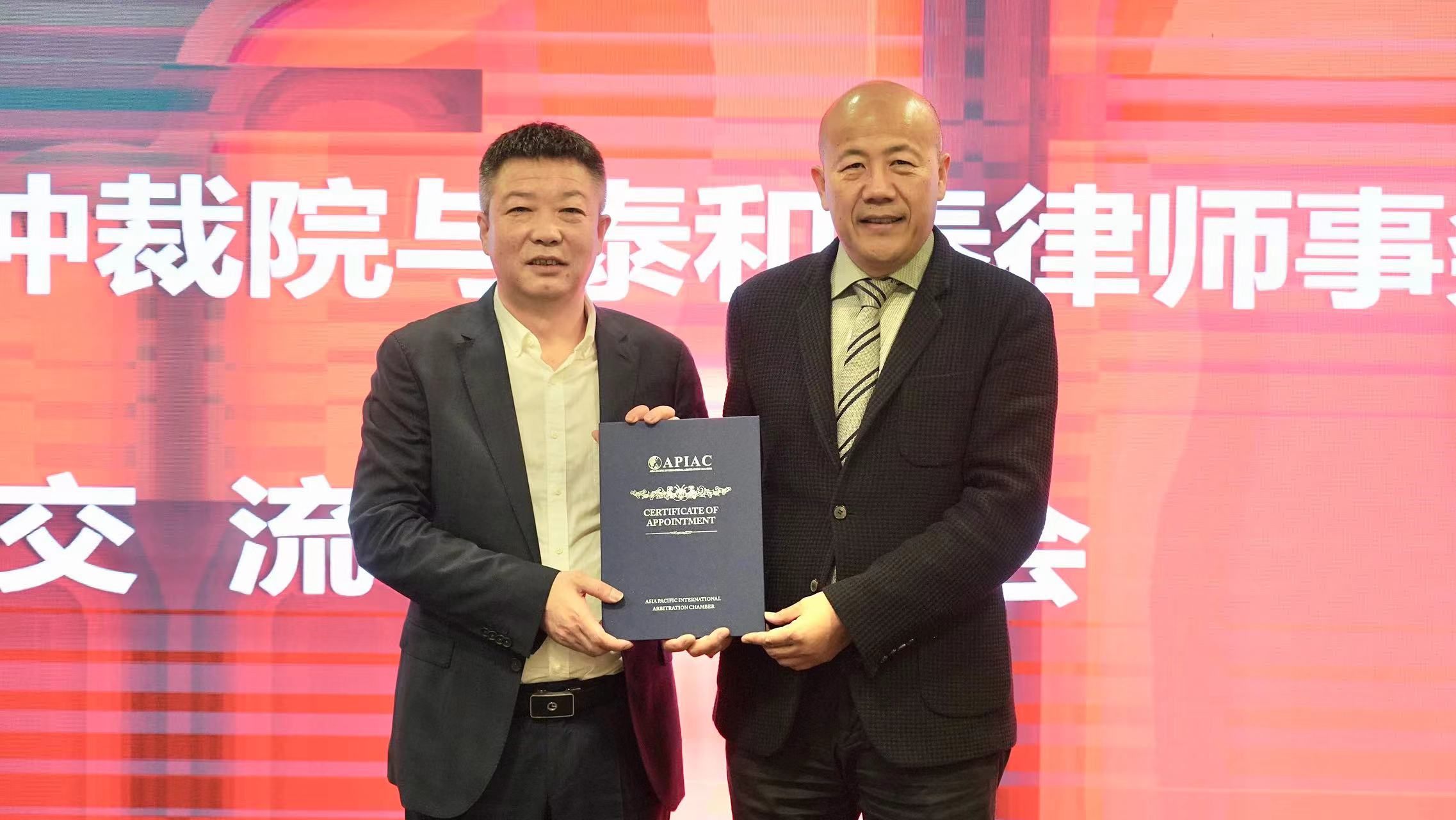 2023-12-19 09:18:51
2023-12-19 09:18:51 -
 2023-12-19 11:38:23
2023-12-19 11:38:23 -
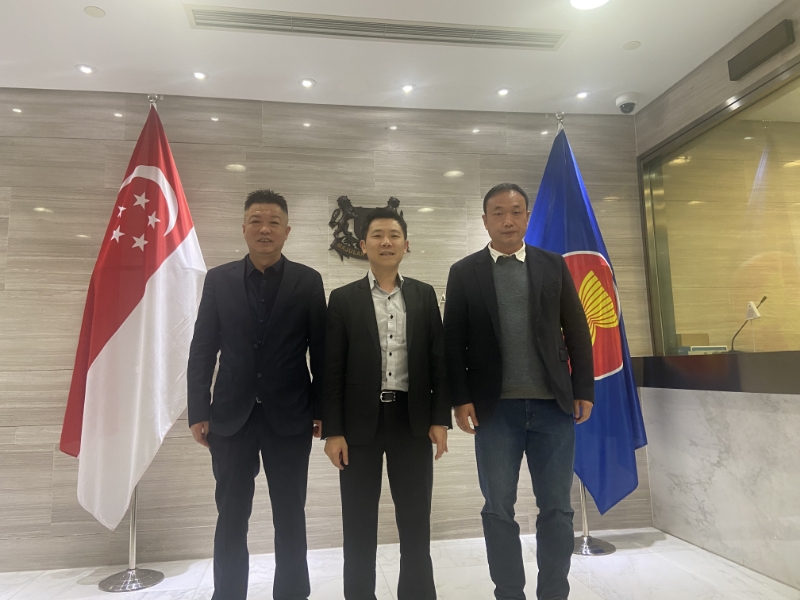 2023-12-19 11:53:22
2023-12-19 11:53:22 -
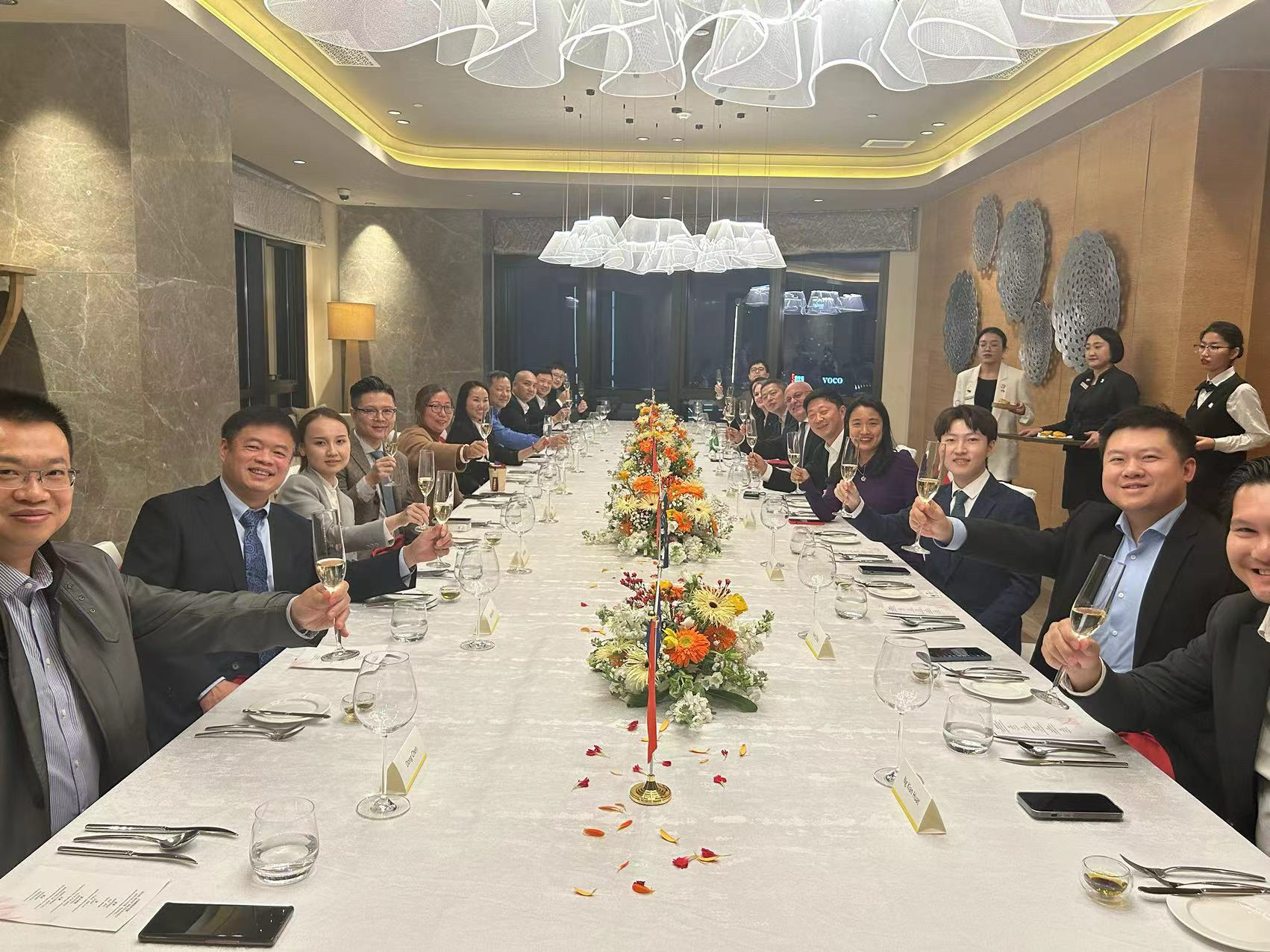 2023-12-19 14:46:19
2023-12-19 14:46:19 -
 2023-12-21 14:43:26
2023-12-21 14:43:26 -
 2023-12-25 11:04:59
2023-12-25 11:04:59 -
 2023-12-27 10:40:15
2023-12-27 10:40:15 -
.png) 2023-12-29 14:07:14
2023-12-29 14:07:14 -
.jpg) 2023-12-29 14:10:32
2023-12-29 14:10:32 -
 2024-01-03 16:27:17
2024-01-03 16:27:17 -
 2024-01-12 10:36:42
2024-01-12 10:36:42 -
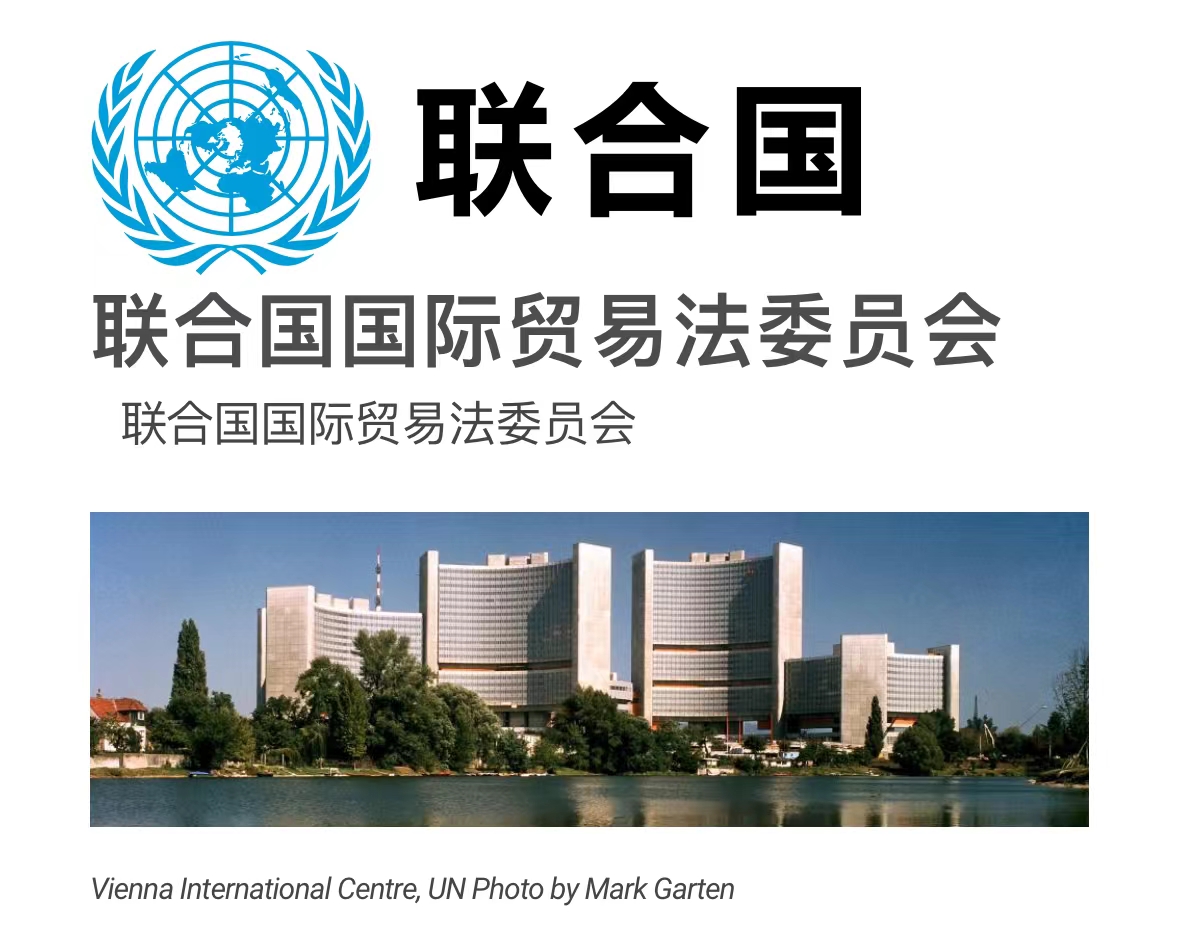 2024-01-17 15:01:24
2024-01-17 15:01:24 -
 2024-01-30 10:10:28
2024-01-30 10:10:28 -
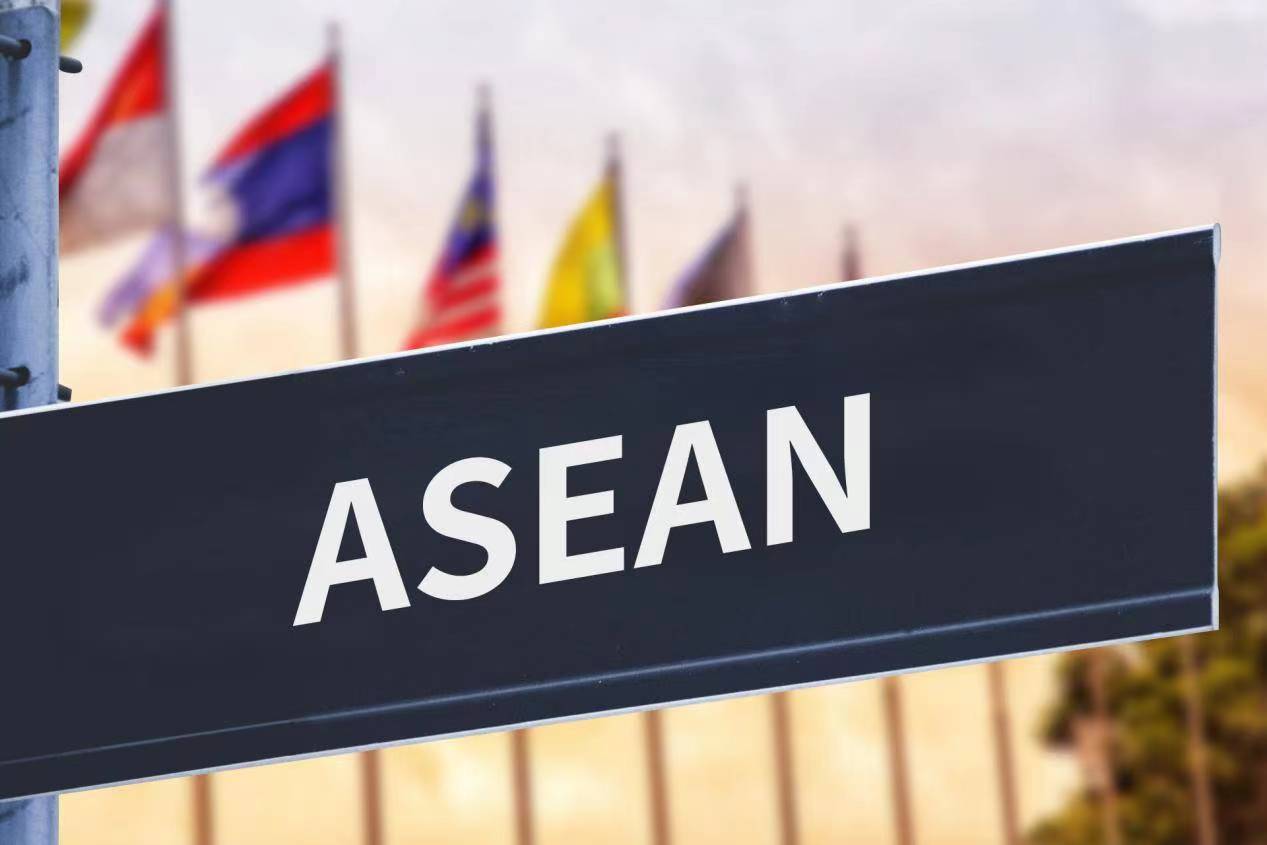 2024-01-30 10:45:10
2024-01-30 10:45:10 -
 2024-01-30 15:47:05
2024-01-30 15:47:05 -
 2024-01-30 16:10:56
2024-01-30 16:10:56 -
 2024-02-21 10:01:34
2024-02-21 10:01:34 -
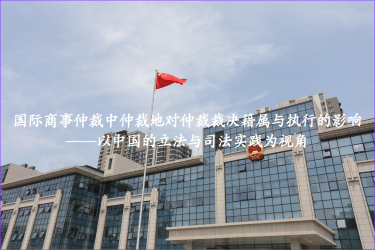 2024-02-21 10:05:01
2024-02-21 10:05:01 -
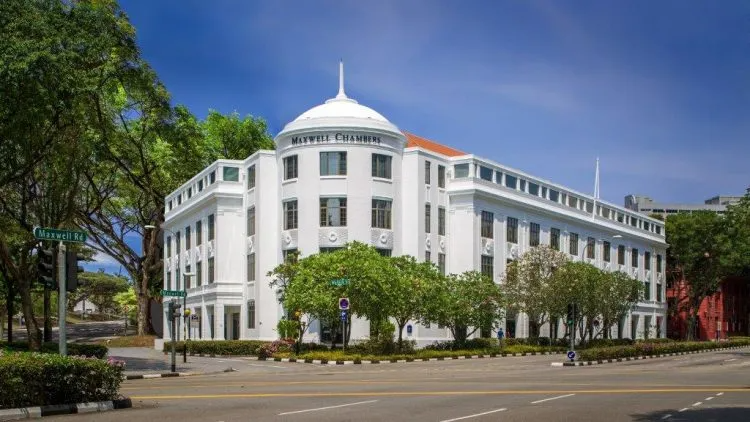 2024-02-21 10:35:10
2024-02-21 10:35:10 -
2024-03-08 17:37:59
-
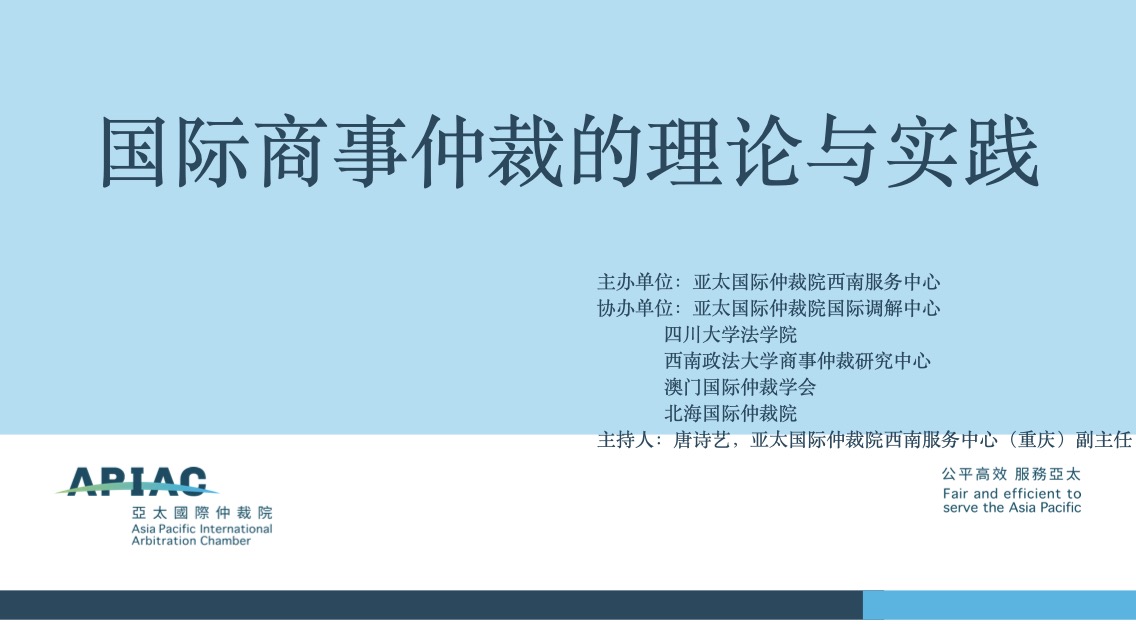 2024-03-11 08:56:10
2024-03-11 08:56:10 -
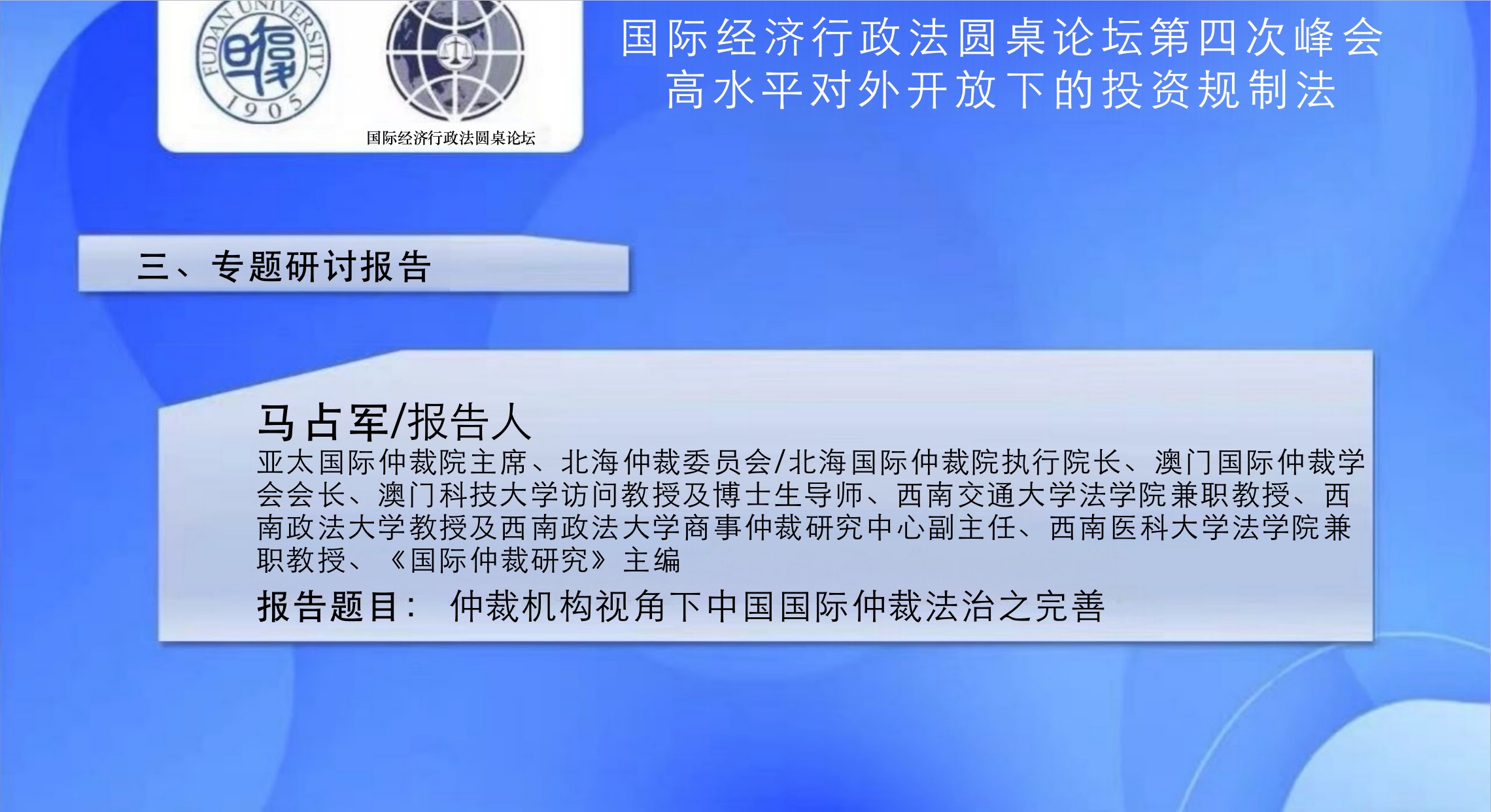 2024-03-22 14:24:24
2024-03-22 14:24:24 -
 2024-03-26 13:21:28
2024-03-26 13:21:28 -
2024-03-27 11:38:36
-
 2024-03-27 11:43:15
2024-03-27 11:43:15 -
2024-03-28 16:56:51
-
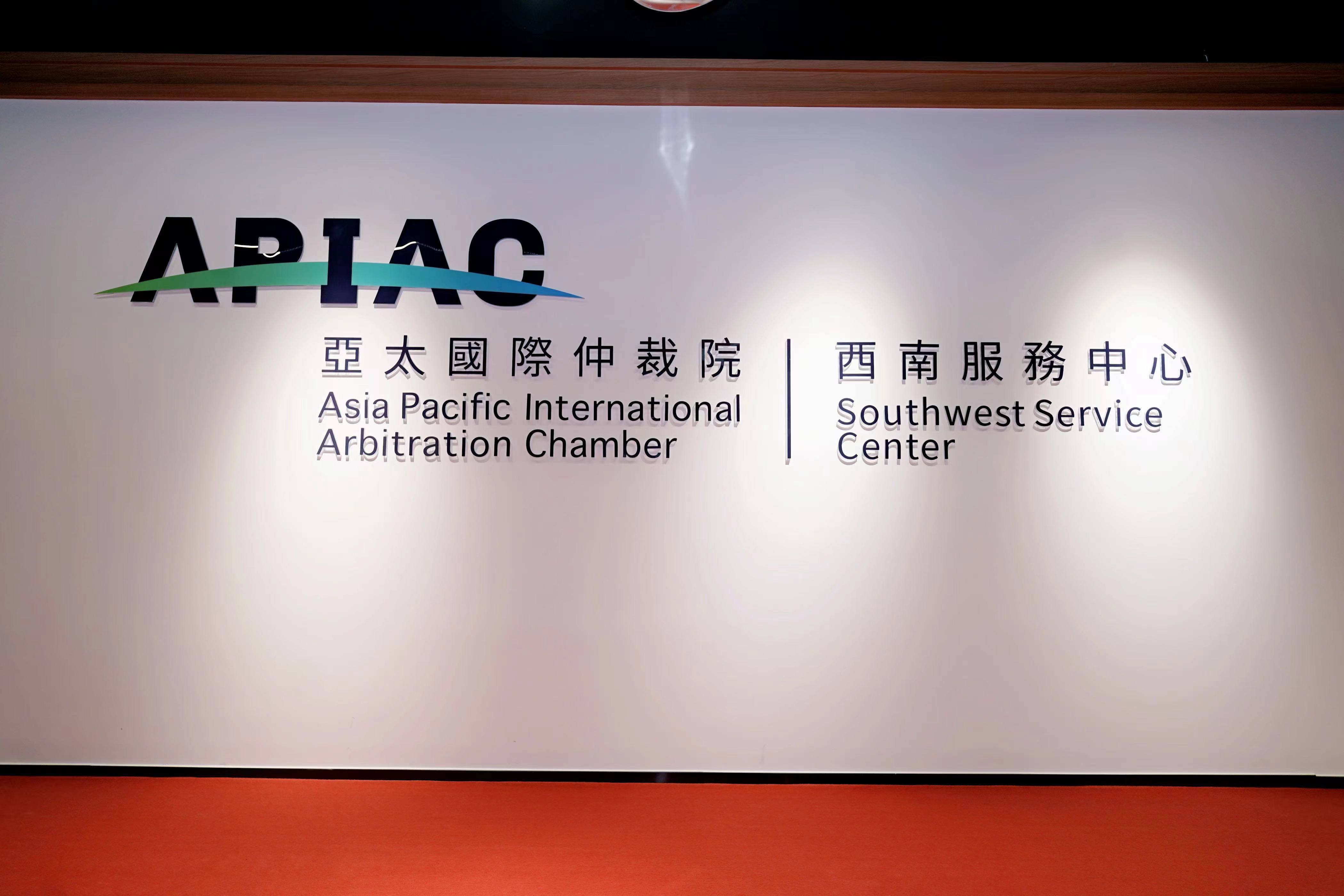 2024-04-01 14:59:03
2024-04-01 14:59:03 -
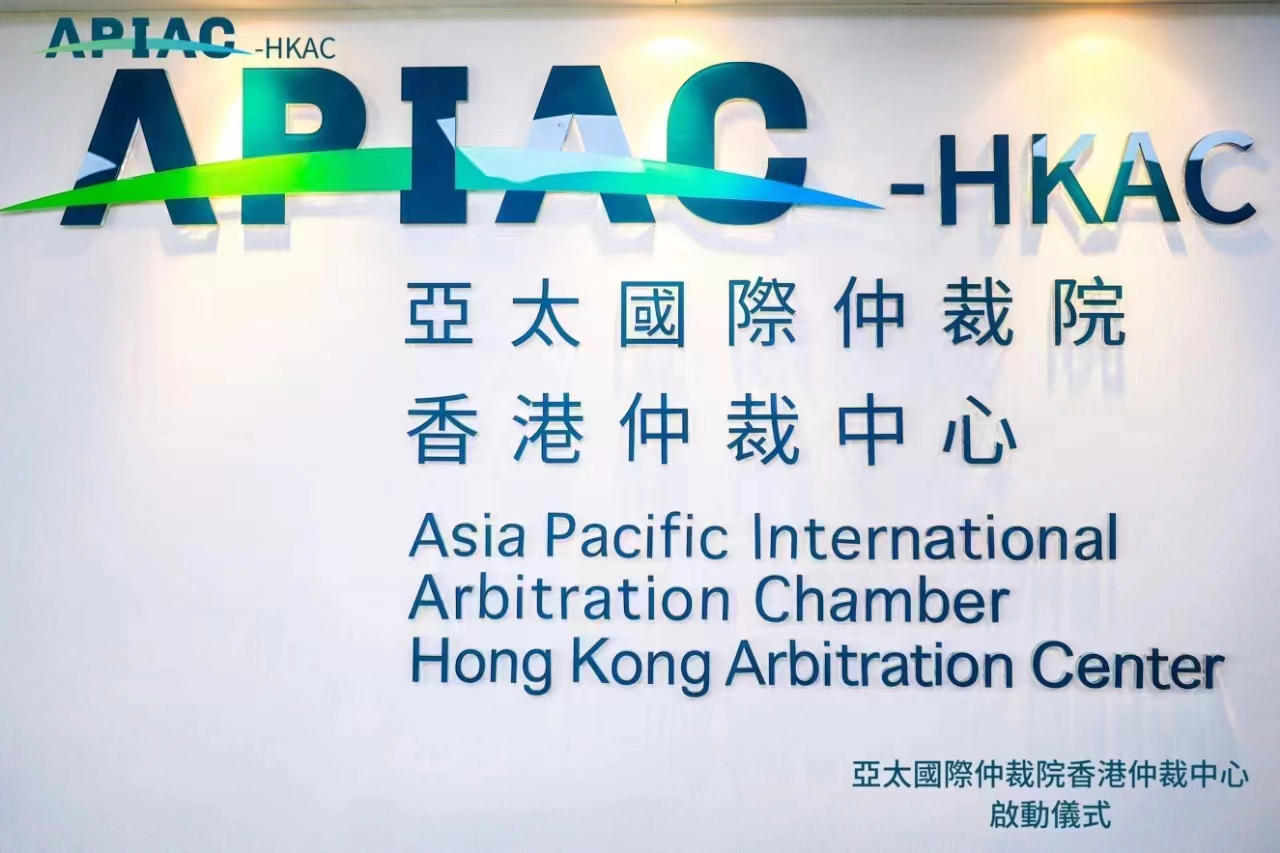 2024-04-09 10:46:25
2024-04-09 10:46:25 -
2024-04-09 11:55:48
-
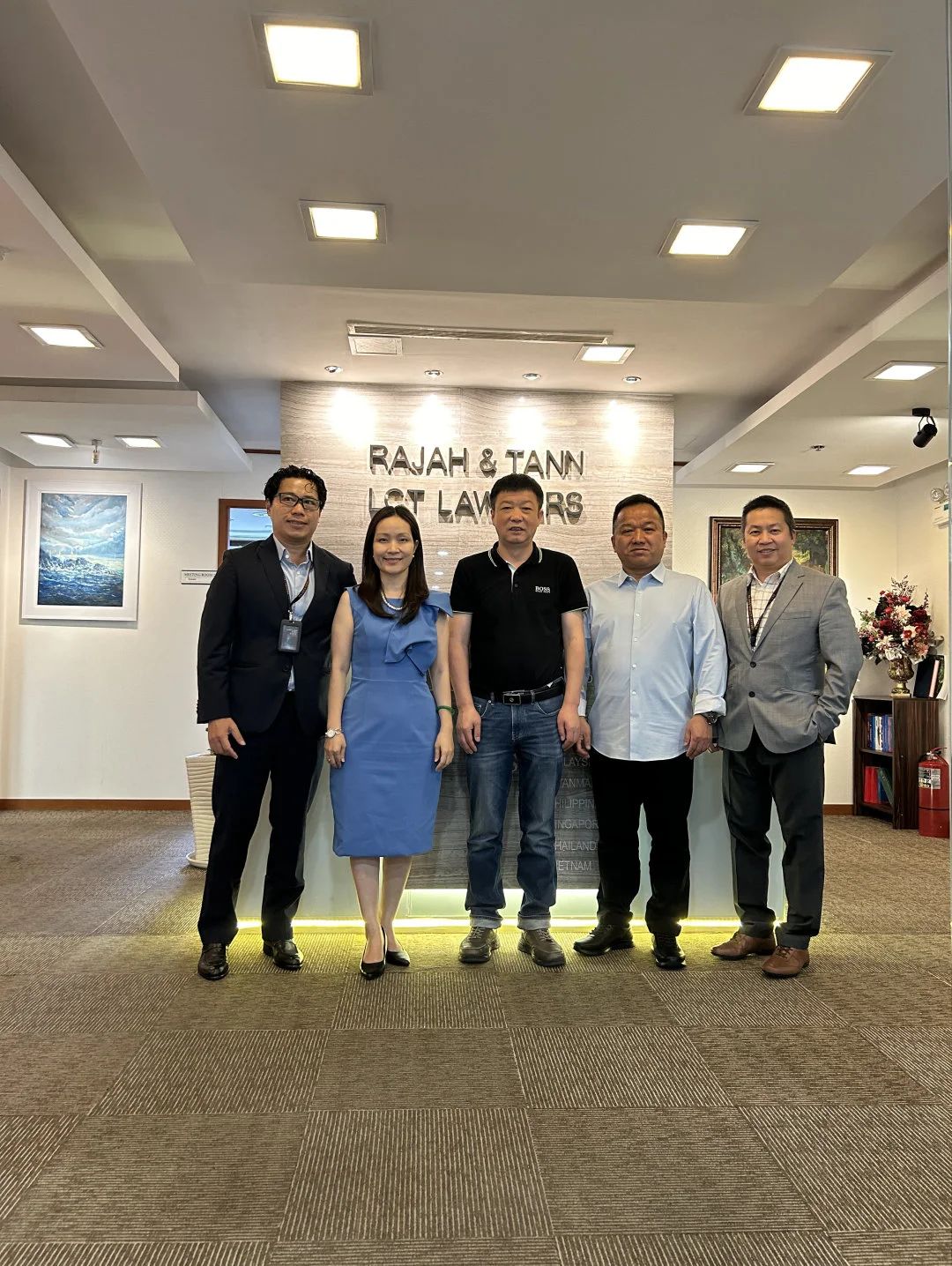 2024-04-09 16:01:04
2024-04-09 16:01:04 -
2024-04-15 16:34:57
-
2024-04-15 16:43:36
-
2024-04-18 16:34:31
-
2024-04-24 16:02:32
-
2024-04-25 17:26:30
-
2024-05-07 16:30:51
-
2024-05-11 14:54:18
-
2024-05-20 17:00:26
-
2024-05-31 16:19:03
-
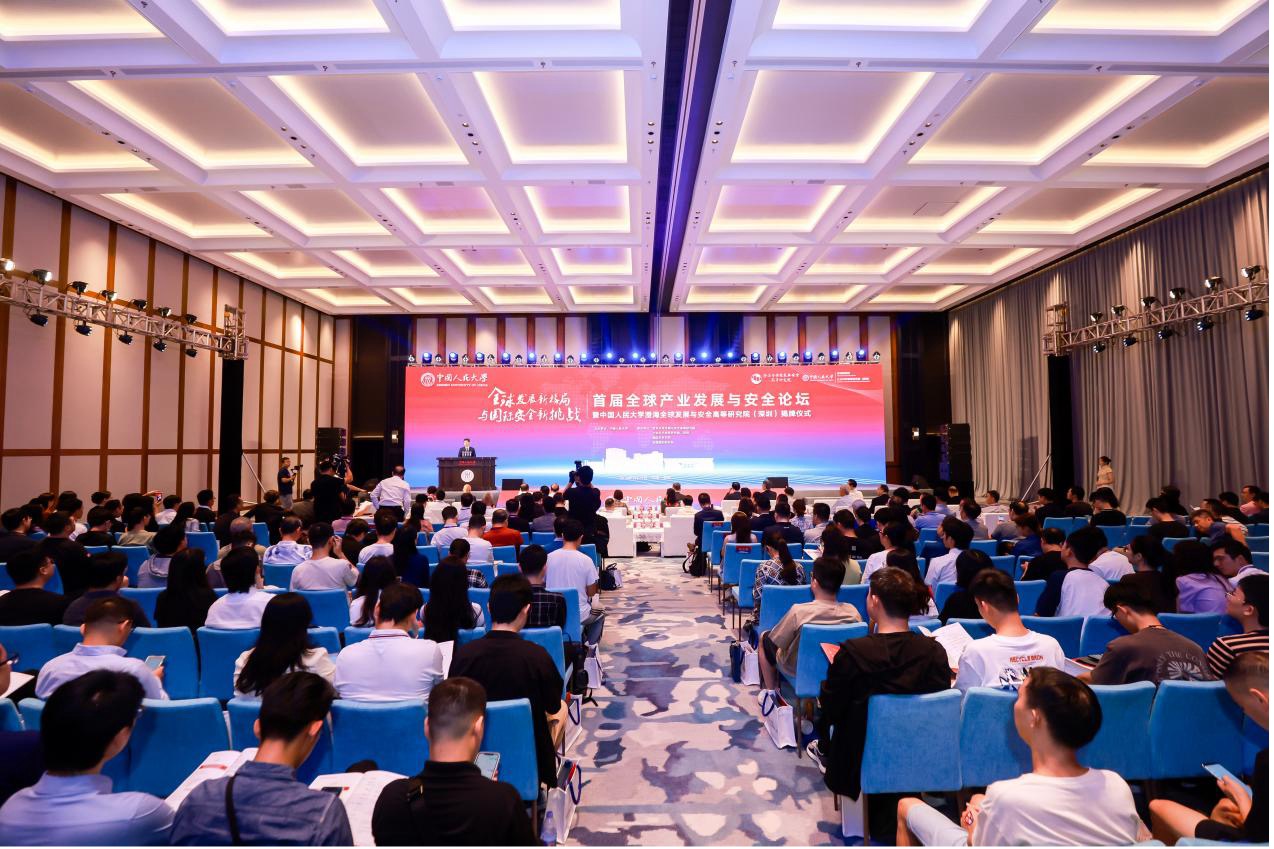 2024-05-31 16:41:28
2024-05-31 16:41:28 -
2024-05-31 16:53:49
-
2024-06-03 17:06:33
-
 2024-06-19 16:45:08
2024-06-19 16:45:08 -
 2024-06-24 11:44:37
2024-06-24 11:44:37 -
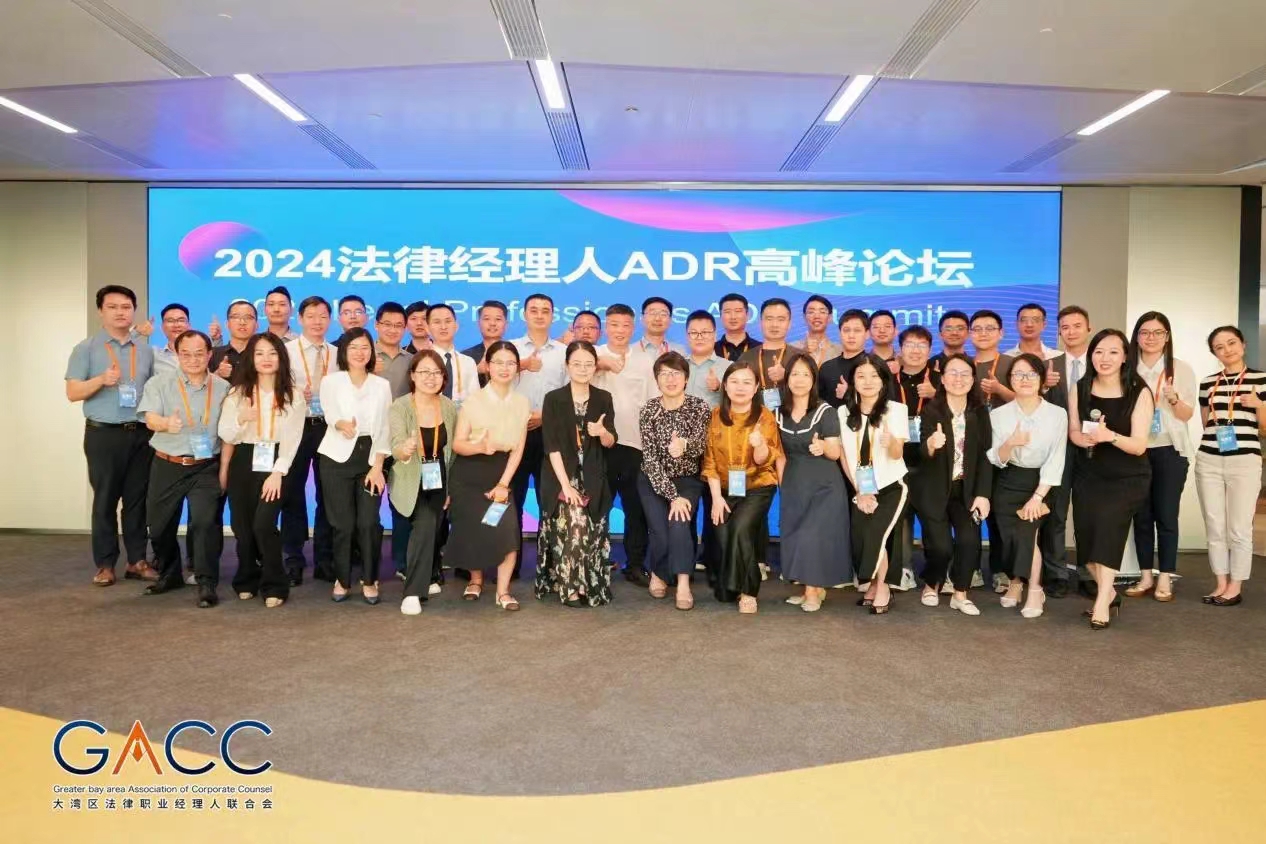 2024-06-24 17:56:13
2024-06-24 17:56:13 -
(1).png) 2024-06-25 15:34:49
2024-06-25 15:34:49 -
(1)(1).png) 2024-06-25 15:41:16
2024-06-25 15:41:16 -
.png) 2024-06-28 10:09:40
2024-06-28 10:09:40 -
 2024-07-03 14:33:07
2024-07-03 14:33:07 -
.png) 2024-07-03 14:53:48
2024-07-03 14:53:48 -
 2024-07-04 16:52:21
2024-07-04 16:52:21 -
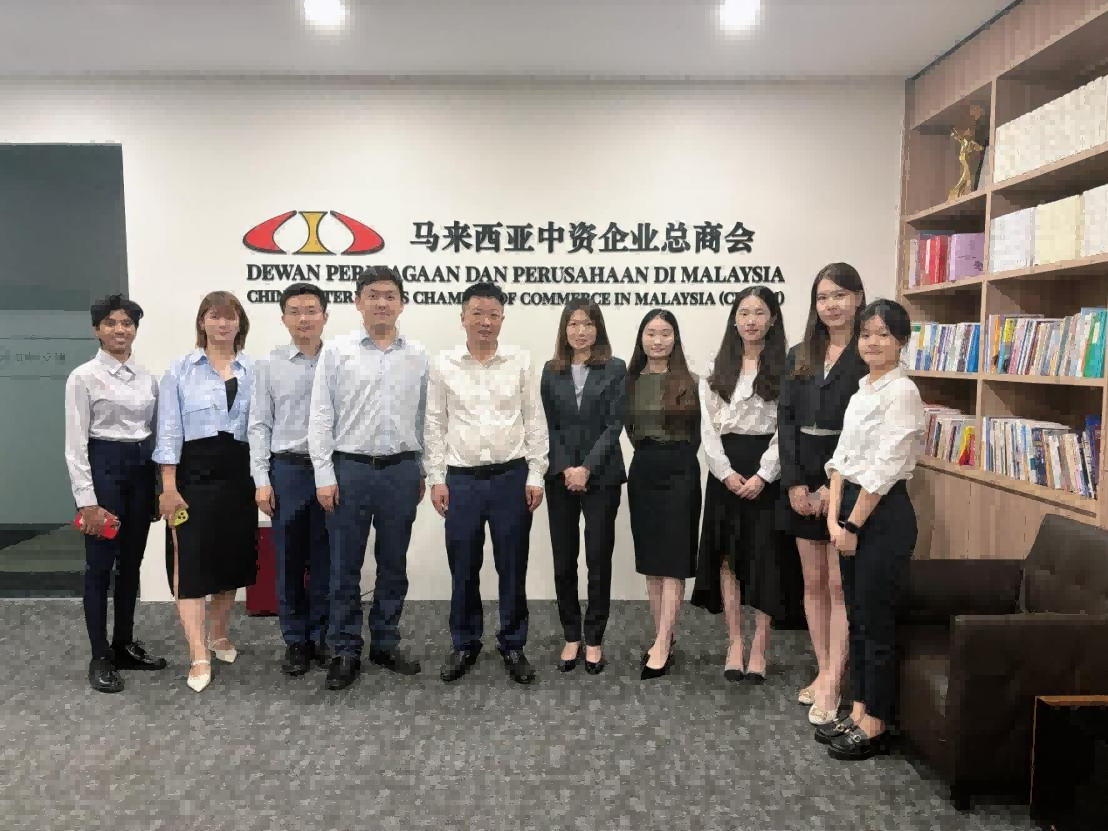 2024-07-09 09:31:59
2024-07-09 09:31:59 -
受邀参加“中资企业印尼投资法律论坛”(1).png) 2024-07-12 09:22:59
2024-07-12 09:22:59 -
.png) 2024-07-16 09:36:49
2024-07-16 09:36:49 -
.png) 2024-07-16 11:37:03
2024-07-16 11:37:03 -
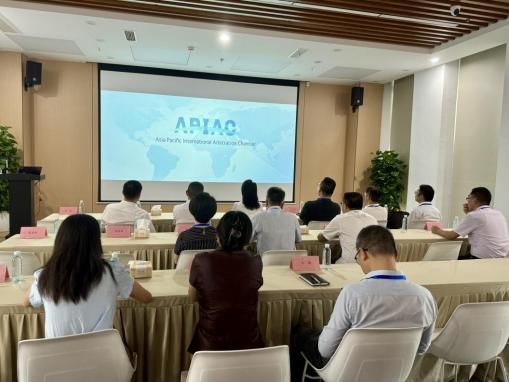 2024-07-19 10:43:08
2024-07-19 10:43:08 -
.png) 2024-07-22 10:59:23
2024-07-22 10:59:23 -
 2024-07-23 09:31:20
2024-07-23 09:31:20 -
.png) 2024-07-23 14:12:58
2024-07-23 14:12:58 -
.png) 2024-08-19 09:19:47
2024-08-19 09:19:47 -
.png) 2024-08-19 10:28:22
2024-08-19 10:28:22 -
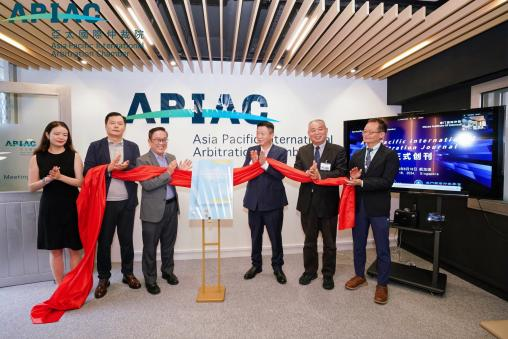 2024-08-29 10:12:54
2024-08-29 10:12:54 -
 2024-09-03 17:10:04
2024-09-03 17:10:04 -
.png) 2024-09-04 11:52:59
2024-09-04 11:52:59 -
) 2024-09-05 10:17:01
2024-09-05 10:17:01 -
.png) 2024-09-09 14:35:19
2024-09-09 14:35:19 -
 2024-09-09 15:10:13
2024-09-09 15:10:13 -
 2024-09-10 10:49:03
2024-09-10 10:49:03 -
.png) 2024-09-14 14:22:46
2024-09-14 14:22:46 -
.png) 2024-09-14 15:38:09
2024-09-14 15:38:09 -
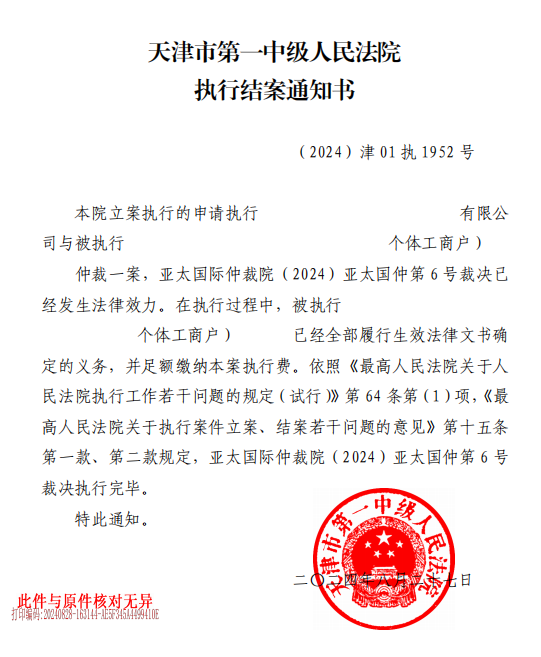 2024-09-18 11:33:35
2024-09-18 11:33:35 -
.png) 2024-09-18 14:26:08
2024-09-18 14:26:08 -
(1).png) 2024-09-23 16:07:22
2024-09-23 16:07:22 -
.png) 2024-09-23 16:17:09
2024-09-23 16:17:09 -
.jpg) 2024-09-23 17:08:06
2024-09-23 17:08:06 -
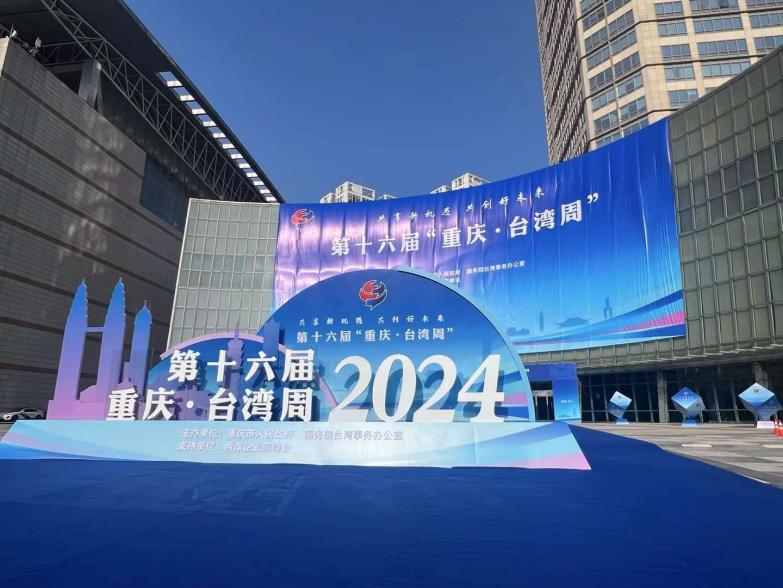 2024-09-24 09:48:07
2024-09-24 09:48:07 -
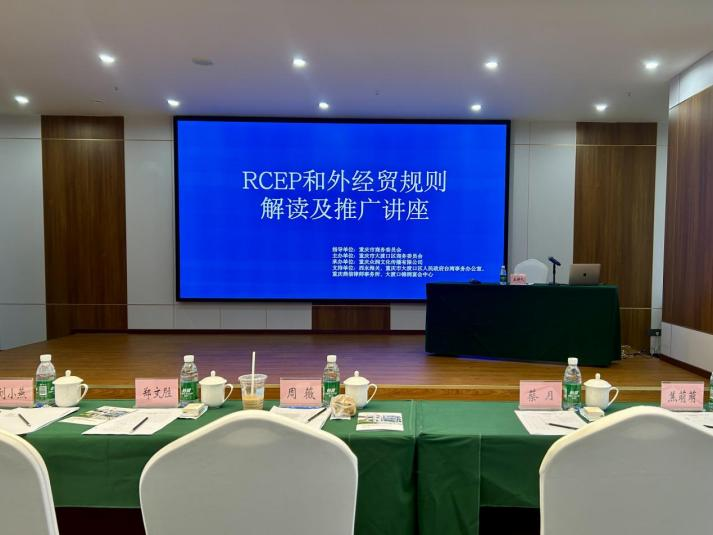 2024-09-24 12:00:38
2024-09-24 12:00:38 -
 2024-09-24 15:13:56
2024-09-24 15:13:56 -
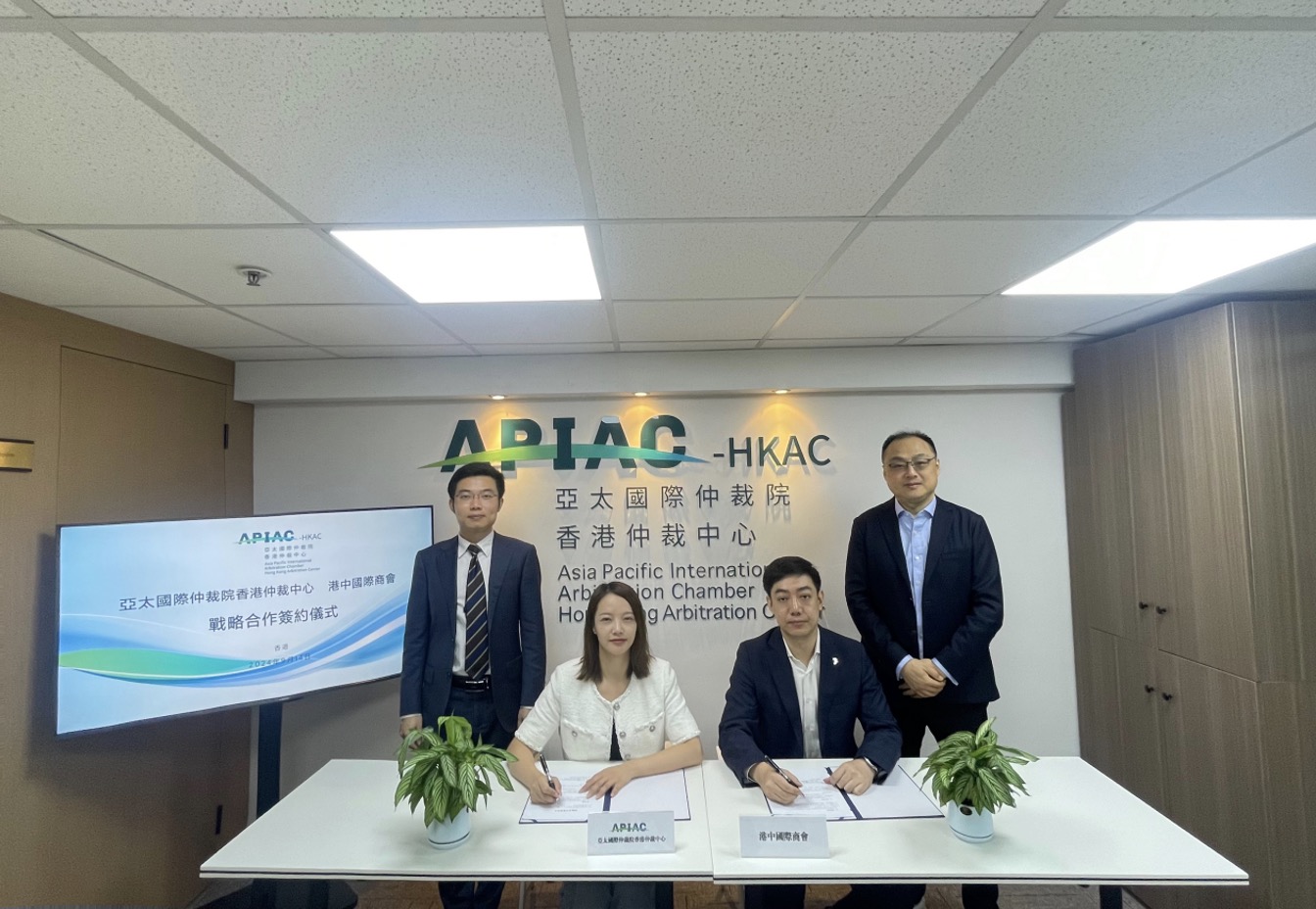 2024-09-25 16:06:59
2024-09-25 16:06:59 -
 2024-09-27 16:32:47
2024-09-27 16:32:47 -
 2024-09-29 16:35:43
2024-09-29 16:35:43 -
 2024-10-09 09:38:56
2024-10-09 09:38:56 -
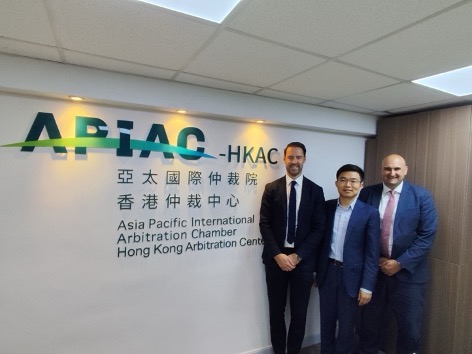 2024-10-10 15:40:31
2024-10-10 15:40:31 -
 2024-10-11 15:13:22
2024-10-11 15:13:22 -
 2024-10-23 17:08:52
2024-10-23 17:08:52 -
 2024-10-23 17:10:37
2024-10-23 17:10:37 -
 2024-10-23 17:12:12
2024-10-23 17:12:12 -
 2024-10-24 12:36:20
2024-10-24 12:36:20 -
 2024-10-29 15:45:32
2024-10-29 15:45:32 -
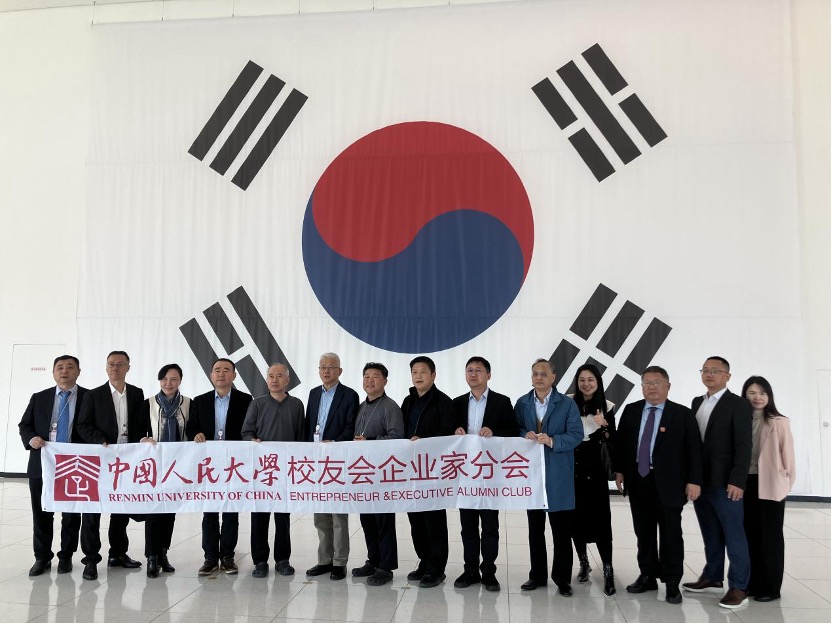 2024-11-01 16:45:33
2024-11-01 16:45:33 -
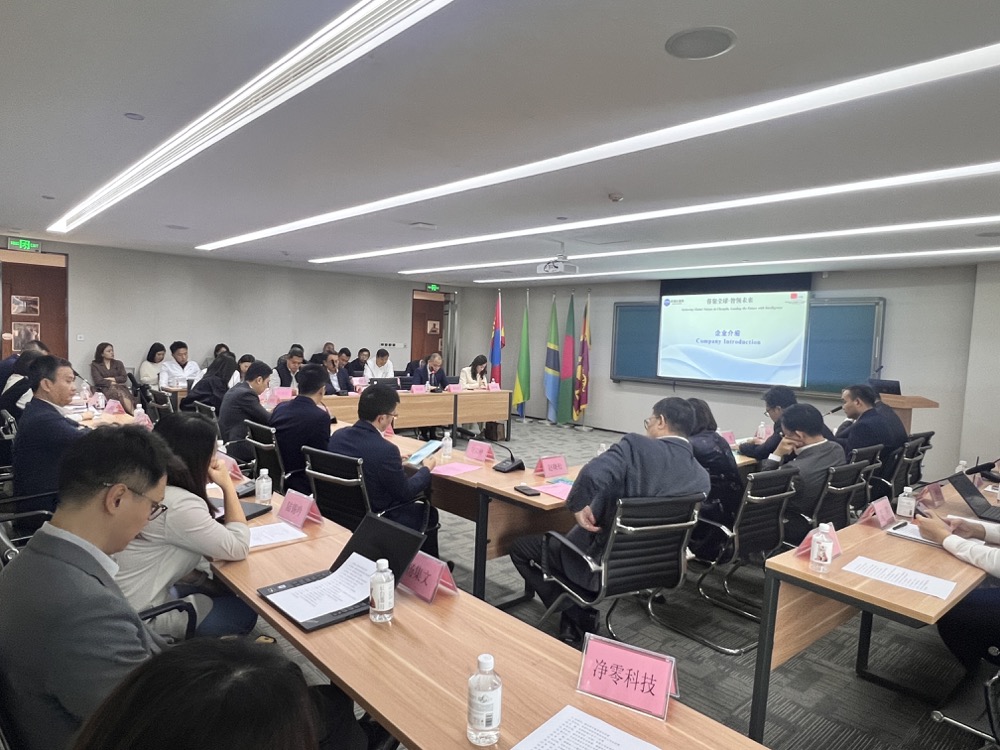 2024-11-01 16:50:15
2024-11-01 16:50:15 -
 2024-11-01 18:07:18
2024-11-01 18:07:18 -
 2024-11-05 15:44:55
2024-11-05 15:44:55 -
 2024-11-05 15:53:12
2024-11-05 15:53:12

 CN
CN BI
BI